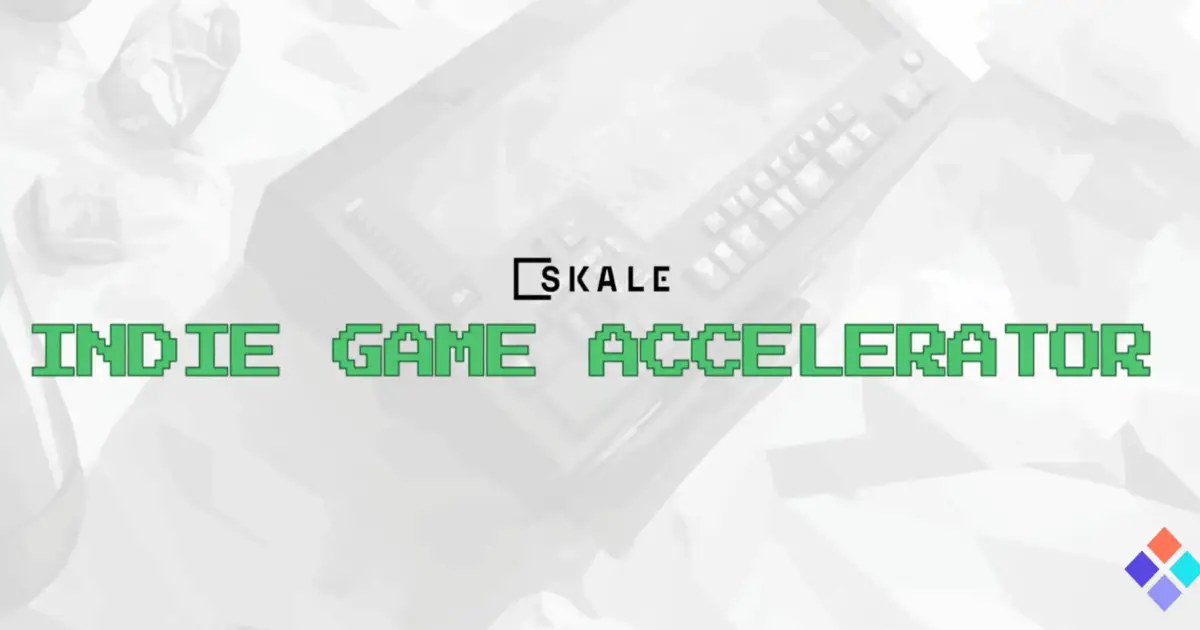As blockchain technology steadily weaves its way into the mainstream narrative, one sector has particularly begun to benefit: gaming. SKALE, a prominent blockchain network operating alongside Ethereum, has taken a bold step forward with its recent announcement of a $2 million grant program aimed specifically at independent game developers. While the initiative is an encouraging sign of progress, it raises the important question of whether such financial incentives are enough to push the underlying technology past the scepticism that still clouds its reception in traditional gaming spheres.
Targeting the Underserved
The SKALE program is directly geared towards indie developers, small teams, and even solo creators looking to harness on-chain features like digital ownership and in-game economies. But therein lies the paradox: the focus on “supporting the underserved” seems somewhat superficial when considering the inherent complexities of blockchain technology. Many of these developers may lack the technical expertise required to implement such systems in their games, despite receiving funding in $SKL tokens. While it’s commendable to lower entry barriers, the reality remains that forums for hands-on learning often echo with the setbacks of trial and error rather than success stories.
Zero-Gas Model: A Double-Edged Sword
SKALE’s zero-gas model, which promises freedom from transaction fees, is touted as a game-changer for both developers and players. While this feature sounds appealing, it ultimately begs the question: how sustainable is a system that eliminates costs altogether? By relying on this model, are developers unwittingly setting themselves up for potential pitfalls down the line? The vacuum created by a lack of transaction fees might lead to an explosion of new games, but will these titles be built on a solid foundation, or simply suffer from hurried launches and patchwork integration of blockchain elements?
The Unity Integration: A Mixed Blessing
Another edge offered by SKALE is its integration with Unity’s publisher support program, positioning itself as a convenient addition for developers familiar with the popular engine. However, while accessibility is undoubtedly a powerful factor in encouraging exploration of blockchain technology, there is an underlying risk of one-size-fits-all approaches. The diversity of gaming experiences—in terms of player engagement, storytelling, and art—cannot be simply grafted onto a single framework without losing individuality. Developers need guidelines and support, but they must also be able to innovate authentically, not just replicate trends.
Assessing the Future: Are the Goals Achievable?
The Indie Game Accelerator seeks to assist projects based on creativity, feasibility, and synergy with SKALE’s capabilities. But one has to ponder whether and how the subjective nature of creativity can truly mesh with the tight constraints of blockchain technology. Will developers find themselves shoehorning their ideas into a framework that doesn’t align with their vision in order to secure funding? A genuine partnership should empower creativity rather than impose limitations, and successful integration of blockchain into gaming shouldn’t be about financial gain alone. It should revolve around a commitment to innovation, community, and genuine player experiences.
Ultimately, while SKALE aims to open doors for a myriad of creators, critical examination of the support mechanisms in place will be essential to the true flourishing of this initiative. The allure of blockchain technology may shine bright, but it is important for developers to tread carefully in this rapidly evolving landscape.














Leave a Reply